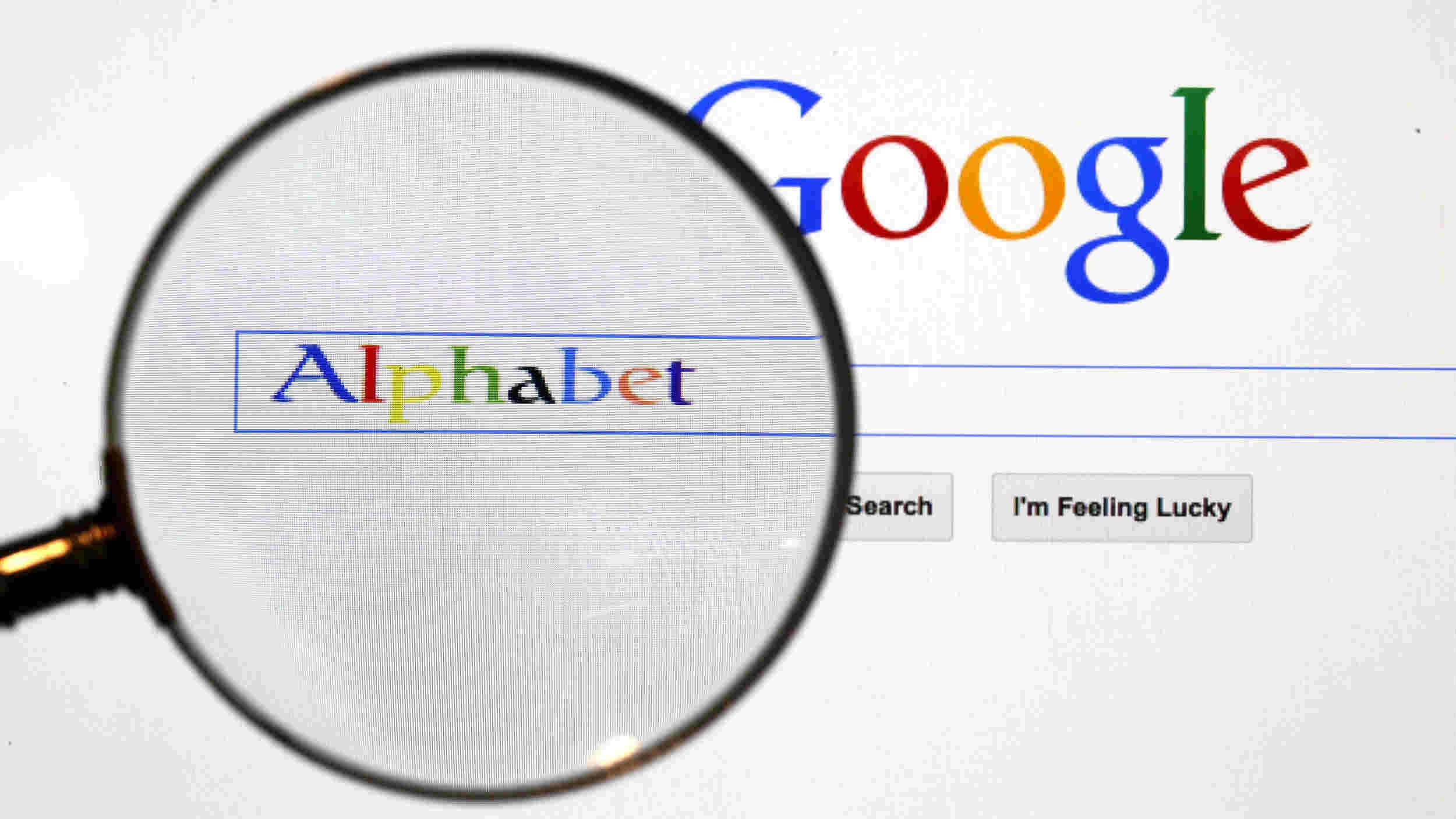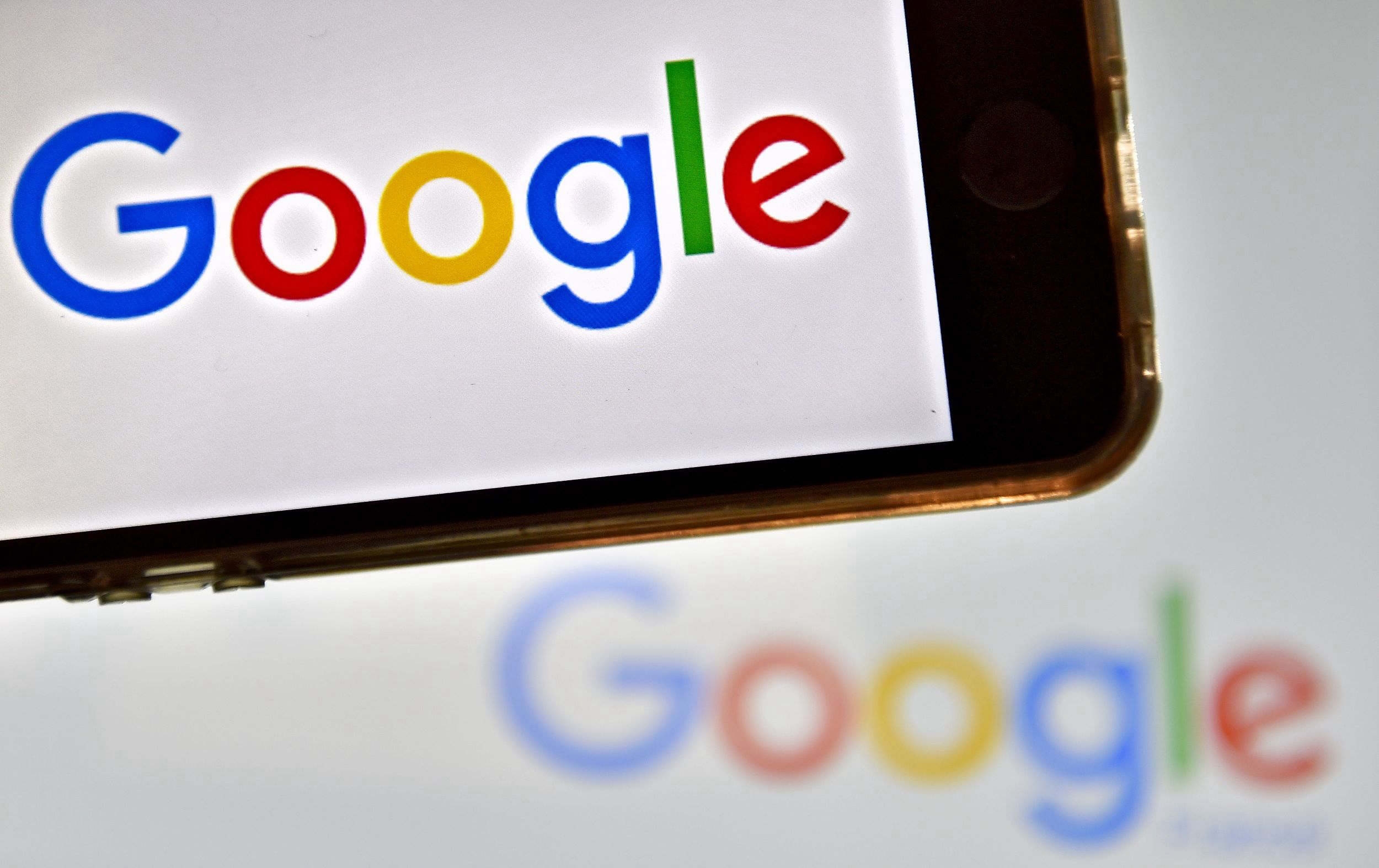
Tech & Sci
13:13, 09-Jul-2017
Google could help track cancer cases in the US: study

A new study by researchers at the University of California, San Francisco, and the University of Pennsylvania indicates that search volume at Google, America's most popular search engine, could help fill in the gaps on cancer incidence and mortality data across the United States.
This is particularly true for cancers not documented in national registries, like basal and squamous cell carcinomas, the two most common kinds of skin cancer.
"This public and easily obtained data could be a proxy for cancer registry data," said Eleni Linos, associate professor of dermatology at UCSF and senior author of the study published recently in JAMA Dermatology, a publication of the American Medical Association (AMA).
"It's important to understand cancer trends in real time in order to identify areas that need more attention and to evaluate the effectiveness of prevention programs."

VCG Photo
VCG Photo
Countrywide internet search data offers clues to what interests the public, and can be used to estimate populations searching for specific topics.
It's likely that people Googling cancer-related health topics are patients, people that have yet to be diagnosed, or relatives of cancer patients, the study's authors suspected.
The researchers looked at Google search volume data, cancer incidence rates and fatalities at the state level, from 2009 to 2013, for the eight most common cancers in the United States.
The number of Google searches on the names of the eight cancers was compared to the number of patients diagnosed with these cancers reported to cancer registries.

VCG Photo
VCG Photo
Linos and her team found that by state, Google search volume correlated with the incidence rates of five of the country's eight most common cancer types: lymphoma, melanoma, colon, lung and thyroid cancers. For four of those five – all but thyroid cancer – Google search volume also correlated with mortality rates.
The remaining cancer types analyzed – bladder, breast and prostate – did not correlate significantly with Google searches, which might be explained by robust public awareness campaigns that broadly increase interest.
"There's a clear seasonal pattern for some cancer searches, influenced by public health campaigns like Breast Cancer Awareness month in October," Linos was quoted as saying in a news release from UCSF.
(Source: Xinhua)
Related story:

SITEMAP
Copyright © 2018 CGTN. Beijing ICP prepared NO.16065310-3
Copyright © 2018 CGTN. Beijing ICP prepared NO.16065310-3